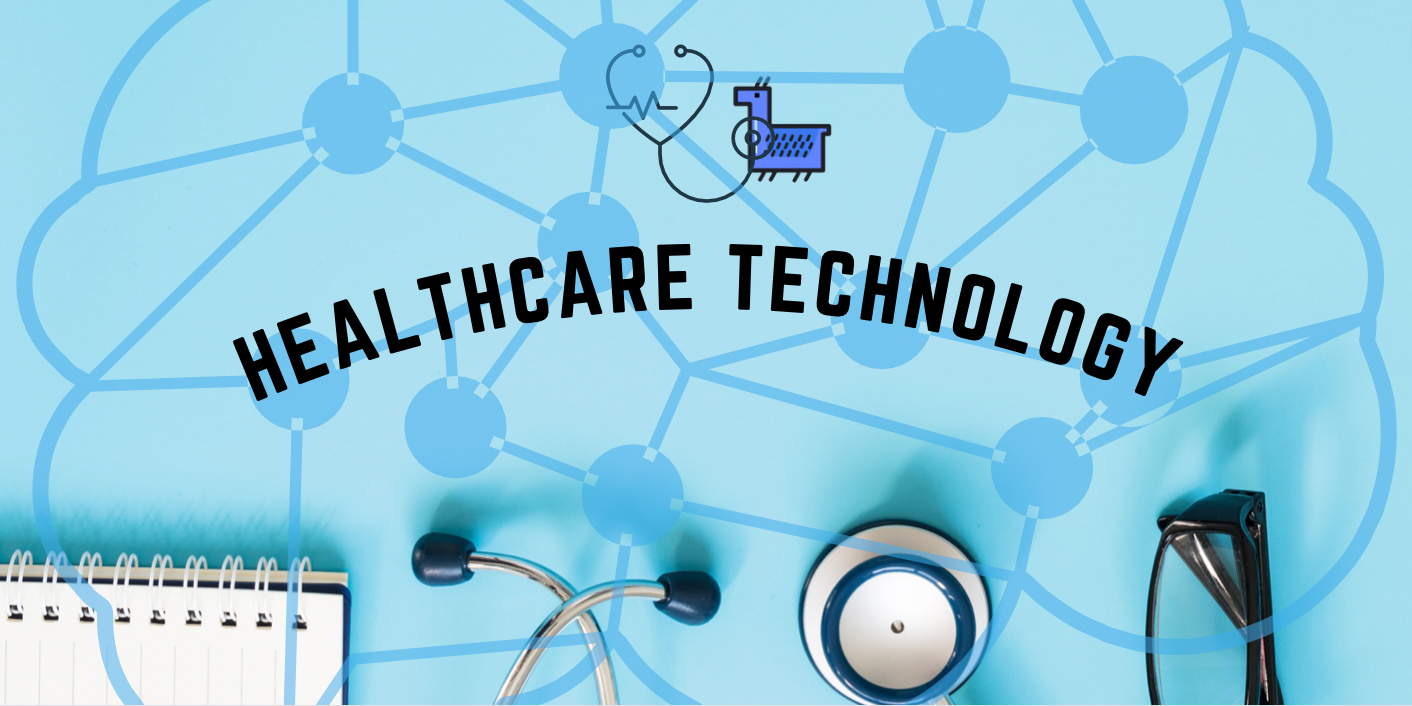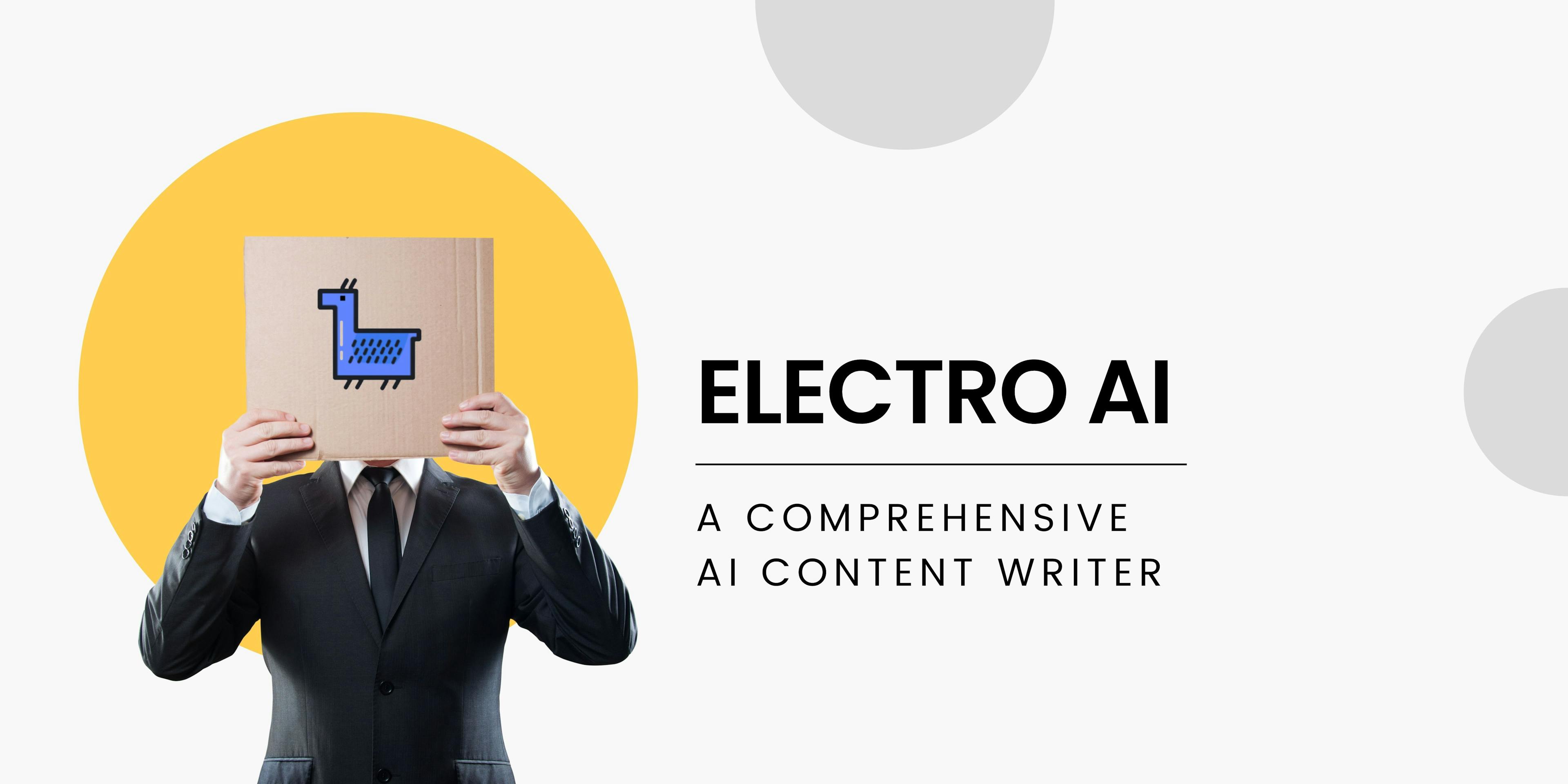How Healthcare Technology is Used in The Health Industry
Health technology is taking big steps in medicine. See how the healthcare technology is used in patient care and what are its benefits.

Healthcare technology is transforming the landscape of patient care as we know it. From digital health records to telemedicine, the healthcare industry is revolutionizing the way we approach health systems. All while making it more efficient, accessible, and patient-centric.
The potential of health technology is vast. It is used to improve diagnosis, treatment, and monitoring of diseases, and increase healthcare access. However, along with its promises, come challenges and ethical considerations that need careful attention.
In this article, we will explore applications of health technology, its benefits, challenges, and ethical implications.
What is Healthcare Technology?
Health technology refers to the use of digital solutions, tools, and devices to improve various aspects of healthcare. It includes a wide range of technologies, such as:
- electronic health records (EHRs) to store patient data,
- telemedicine for the healthcare system,
- wearable medical devices that monitor patient care,
- mobile apps for easier access to patient records and increase patient engagement,
- AI applications and machine learning systems that allow for fewer medical errors.
Healthcare tech is designed to increase patient outcomes and healthcare access, improve efficiency and cost-effectiveness, empower patients, and streamline healthcare processes.

The Benefits of Healthcare Technology
The technology adopted by many healthcare organizations and institutions comes with many benefits. Healthcare professionals enjoy them as they offer, besides anything else, clinical decision support.
Other electronic healthcare services are:
Enhanced patient care
Health technology allows for more accurate diagnosis, personalized treatment plans, and better monitoring of diseases. Advanced imaging techniques, telemedicine, and wearable medical devices enable remote monitoring and real-time health data collection. These features facilitate timely interventions and improve patient outcomes.
Increased access to medical treatments
Digital health technologies have the potential to bridge geographical barriers and increase access to healthcare for underserved populations.
For example, telemedicine allows patients to receive medical consultations and services remotely. This helps overcoming issues related to distance, mobility, or availability of healthcare providers.
Improved efficiency and cost-effectiveness of the healthcare industry
The use of artificial intelligence in healthcare technology can streamline healthcare processes, reduce administrative burdens, and lower costs.
Electronic records improve information sharing among healthcare professionals, reducing duplication of tests and improving coordination of care.
AI-powered tools can optimize scheduling, resource allocation, and patient triaging, resulting in more efficient workflows and cost savings.
Empowered patients with electronic health records
Empowering patients to actively participate in their own healthcare decisions is a priority in the healthcare sector. Mobile apps and patient portals enable them to monitor their health, access their medical records, and communicate with their healthcare providers.
Health technology promotes patient engagement, shared decision-making, and better self-management of health conditions.
Improved health outcomes
Health information technology has the potential to improve patient outcomes by making fewer medical errors, facilitating early diagnosis and treatment, and optimizing care plans.
Digital tools can aid in clinical decision-making, providing evidence-based recommendations to healthcare professionals.
Personalized healthcare technology tailors treatments to individual patients based on their unique characteristics, leading to more effective and efficient care.
Innovation and research
Healthcare technology promotes innovation and research by providing new tools for data collection, analysis, and insights. Big data analytics, AI, and machine learning can uncover patterns and trends in large datasets. Leading to new discoveries, treatment advancements, and improved population health management.

The Challenges of Technology in Healthcare
The most challenging part of health technology is its privacy and security concerns about patient data management. Protecting sensitive health information from data breaches, cyber threats, and unauthorized access requires robust security measures.
Also, compliance with HIPAA regulations and ongoing monitoring and risk management are must haves in such an artificial intelligence system. Bitdefender and Malwarebytes are very good antivirus and protection softwares that integrate with healthcare technology.
The World Health Organization (WHO) advises to carefully implement such technologies in the healthcare system, as it is complex and challenging. Ensuring seamless interoperability between different health tech solutions requires standardization, data exchange protocols, and coordination among various stakeholders.
Adopting and maintaining this technology can involve significant costs, including initial investments, ongoing maintenance, and training. This can pose challenges for health organizations, especially smaller or resource-constrained facilities. Especially in terms of budgeting, resource allocation, and return on investment.
Despite the potential for increased access to healthcare, there may be disparities in virtual care. Factors such as internet connection, digital literacy, and socioeconomic status make care delivery difficult in the online.
Ensuring equitable access to health technology solutions and addressing health disparities is a challenge that needs to be addressed to maximize its benefits. Organizational systems work everyday to address these issues and limit them as much as possible.
How Health Technologies Work in Patient Care
Health technologies play crucial roles in patient outcomes, from surgical planning to artificial intelligence AI in mental health. Healthcare organizations use machine learning systems to better aid patients in medical facilities and online.

Artificial Intelligence AI
It is no secret that artificial intelligence is taking huge steps forward across many industries, including the healthcare sector. For this reason, a high amount of medical equipment is using AI and machine learning systems. Some uses of such technology are:
- CT scans and medical imaging healthcare technology
- AIs that to detect cancer in the human body, without a biopsy being necessary
- A health technology that focuses on radiotherapy developed by Microsoft
- Virtual reality equipment allows doctors to overlap scans and easily find an underlying problem
Also, natural language processing systems such as GPT-4 have applications in health care, including giving prescriptions and communicating with patients.
Predictive Analysis and Healthcare Providers
Doctors can use a whole digital infrastructure to gain insights instantly to a patients condition. They get access to their complete medical records, being able to provide an accurate diagnosis and decide the treatment plans.
The robots that perform this task get the patient data and create a predictive analysis based on their medical history. Although concerns have been raised, they cannot replace doctors, as their response is as good as the accuracy of their information. They are a good addition to health care for suggestions, treatments, and data management.
They are also able to store updated medical data and offer prescription medications accordingly. This way, the risk of outdated paper records is reduced considerably.

Mental Health Technology
Cloud technology in mental health is becoming more important as the number of people who live with some sort of psychological disorder increases. This human health system benefits greatly from new technology in exposure therapy and telemedicine.
Psychologists use digital health technologies to communicate online with patients and provide a diagnosis, as well as a treatment plan. Clinical professionals are able to better diagnose serious conditions, such as Alzheimer's disease and PTSD. Phobias can be cured using virtual reality and exposure therapy.
Digital therapeutics is another solution in mental health care delivery. It is used especially for chronically ill patients that require ongoing care. It can be accessed by the doctor via a telemedicine app that allow for monitoring, behavioral health, and medication.
Healthcare Technology in Medical Research
Research is a key step in the development of medical procedures, and the more at hand it is, the better. Artificial intelligence is used in the healthcare industry for improved cancer research and immunotherapy.
Healthcare companies use such technology in clinical trials. They gather medical data using smart devices and sensors, making it less invasive and more efficient for the participants.

Drug Development in Health Systems
Similarly to trial testing, the pharmaceutical industry uses AIs to improve health outcomes of users. It gives insights into chemical combinations to create optimal medication and dosages. It also identifies patients that could benefit from certain substances, without creating adverse drug events and cause harm.
The healthcare experience of humans is taking a new path, becoming more accessible and offering personalized medicine thanks to new health technology.
Medical Devices in Surgical Planning
The healthcare industry gains plenty of benefits from surgical organized knowledge and new technology. Machine learning robots are able to perform guided surgeries with a high accuracy.
They use health information technology to assist medical staff in all kind of operations, as well as better explain procedures to patients with VR equipment.
Conclusion
Healthcare technology is a big step forward in the health system, with applications in many areas of medicine and pharmaceutics. Tech companies continue to develop sustainable systems for a greener future.

